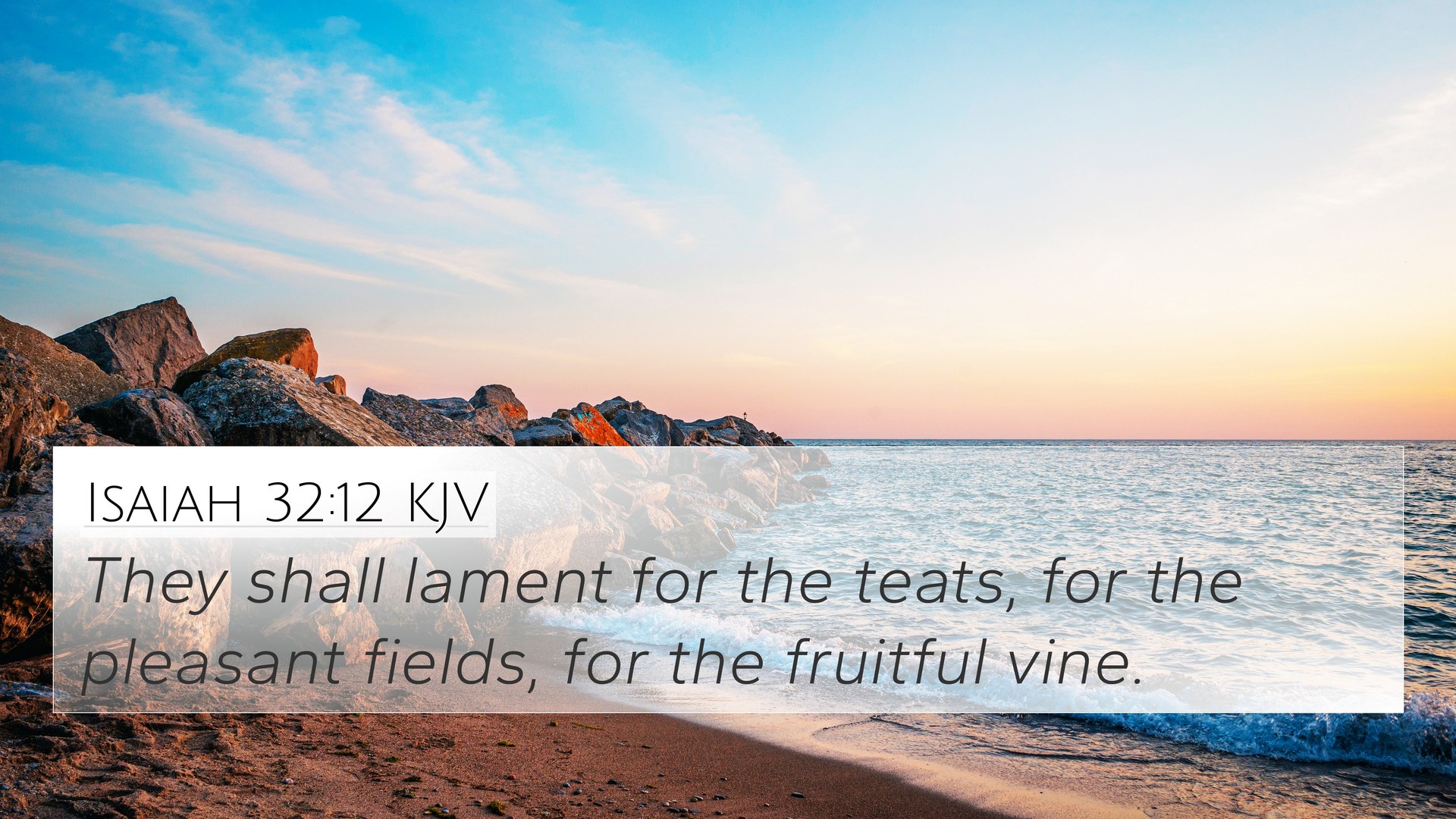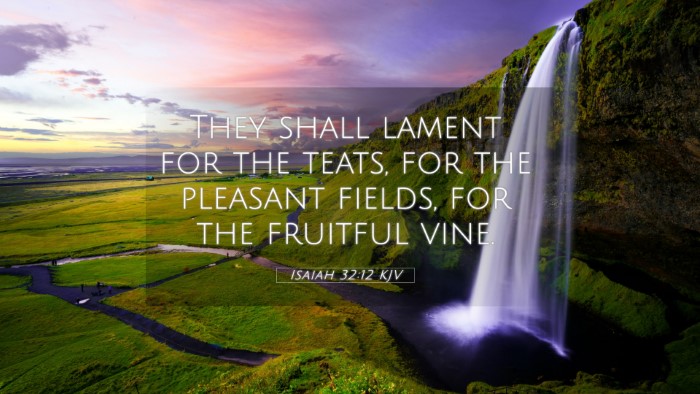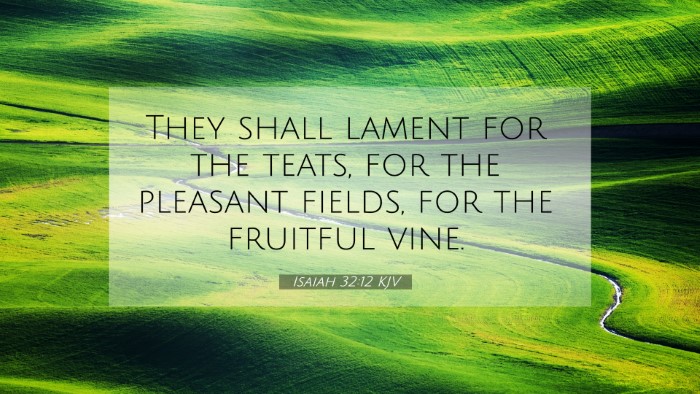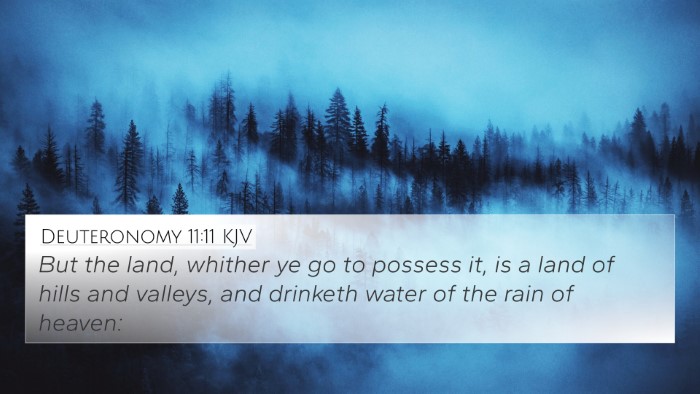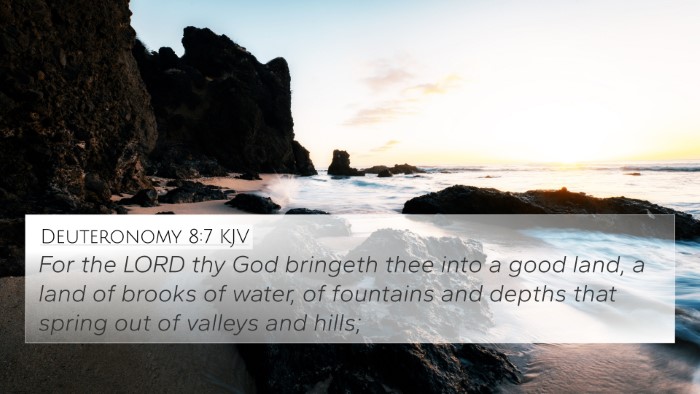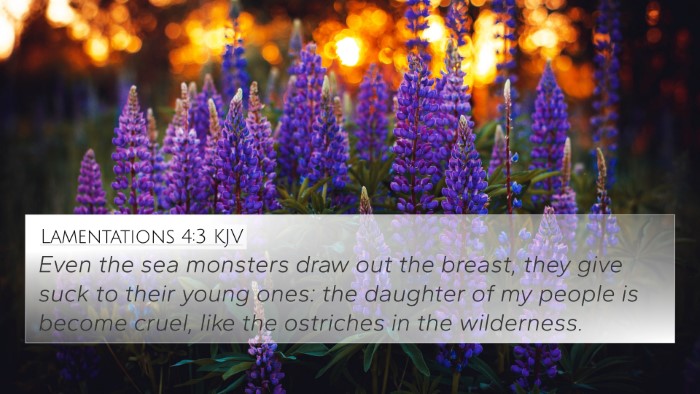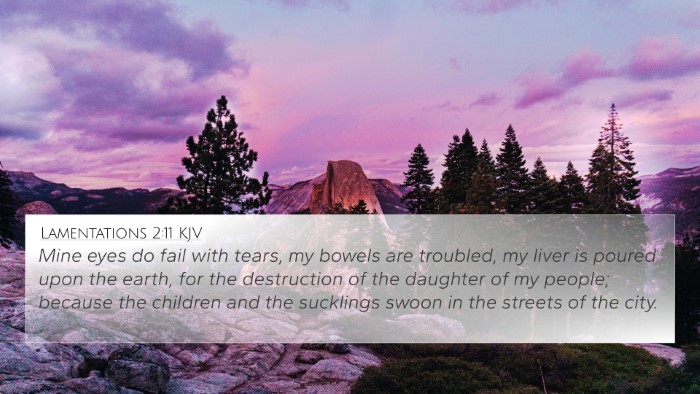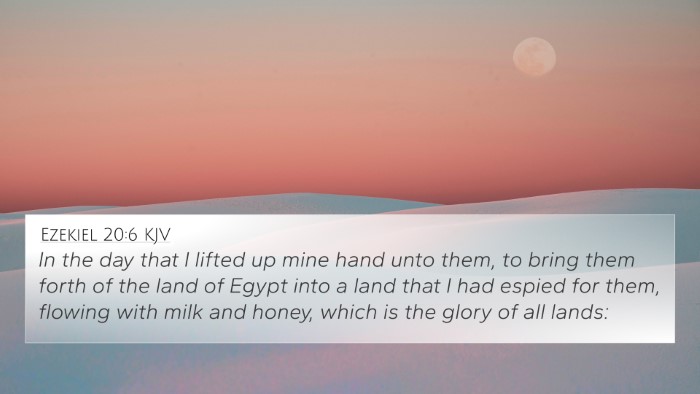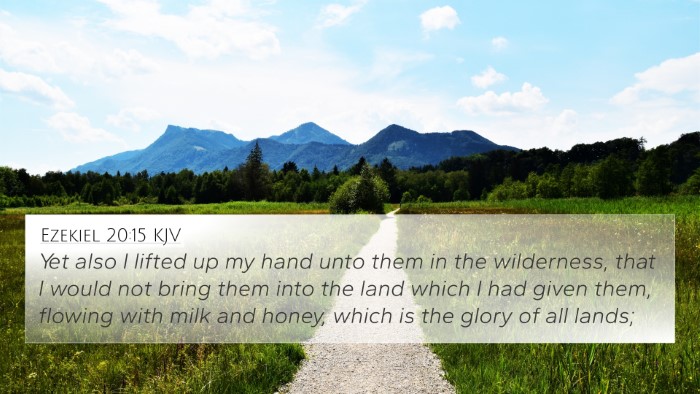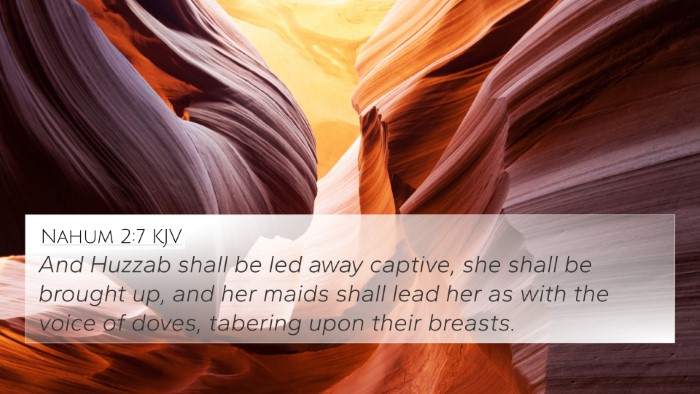Understanding Isaiah 32:12
Isaiah 32:12 states: "They shall lament for the teats, for the pleasant fields, for the fruitful vine."
Verse Context and Meaning
This verse is part of a prophetic message from Isaiah, where he portrays a future scenario concerning the state of the people and their land. The lamentation here reflects a deep sense of loss and sorrow over what once was fruitful and prosperous—a metaphorical expression indicating the desolation that will come upon the land.
Commentary Insights
-
Matthew Henry:
Matthew Henry emphasizes the emotional response of the people, highlighting that the lamentation signifies a realization of loss—not merely in agriculture but in hope and stability. His notes suggest that this loss may also reflect a spiritual decline, mirroring the physical desolation of the land.
-
Albert Barnes:
Barnes discusses the agricultural imagery in this verse, noting that "the teats" likely symbolizes the nurturing aspects of the land that have been lost. He elaborates on the implications of such loss, which encompasses both physical sustenance and spiritual nourishment, as the people recognize their disconnection from God.
-
Adam Clarke:
Clarke adds to this by connecting the lament to the consequences of the people's actions. He asserts that the desolation foretold is a result of divine judgment due to their disobedience. This suffering serves not just as an end but as a means to bring about a return to God and reflection on their ways.
Exploring Bible Verse Connections
In deeper study, it's essential to understand how Isaiah 32:12 relates to other scripture. Here are some significant cross-references:
- Isaiah 27:10 - Discusses the barrenness of the land and how the fortified city will be forsaken.
- Jeremiah 12:10 - Reflects on the destruction of vineyards, highlighting the theme of lament for the land.
- Lamentations 1:11 - A vivid portrayal of sorrow for the loss of sustenance and spiritual hope.
- Ezekiel 36:34-35 - Promises restoration of the land, indicating a future hope despite current desolation.
- Hosea 4:3 - Connects the land's mourning with the people’s sin, showing cause and effect in divine judgment.
- Matthew 23:37-39 - Reflects Jesus’ lamentation over Jerusalem, echoing the theme of sorrow for a people in turmoil.
- Romans 8:22 - Indicates a broader creation's groaning—a connection to the lament of the land as part of God’s overarching plan.
Thematic Connections
Isaiah 32:12 not only points to the immediate themes of loss and lamentation but also reveals deeper spiritual and theological truths such as:
- Divine Judgment: The consequences of turning away from God and neglecting His ways.
- Restoration Themes: Through lament, there lies an invitation to restoration and repentance.
- Fruits of Righteousness: The productive land is symbolic of a life aligned with God’s will.
Using Cross-References for Bible Study
Using tools for Bible cross-referencing can enhance the understanding of verses like Isaiah 32:12. Here are some effective methods:
- Bible Concordance: Utilize a concordance to locate verses with similar themes or keywords.
- Cross-Reference Bible Study: Creation of a cross-reference system to facilitate thematic connections when studying certain passages.
- Bible Reference Resources: Engage with various resources like commentaries and study guides to broaden understanding.
Conclusion
Isaiah 32:12 serves as a powerful reminder of both the consequences of turning away from God and the deep lamentation over lost blessings. By exploring connections with other biblical texts, believers gain a more profound understanding of God’s message and continue the journey of faith with the assurance of His eventual restoration.
